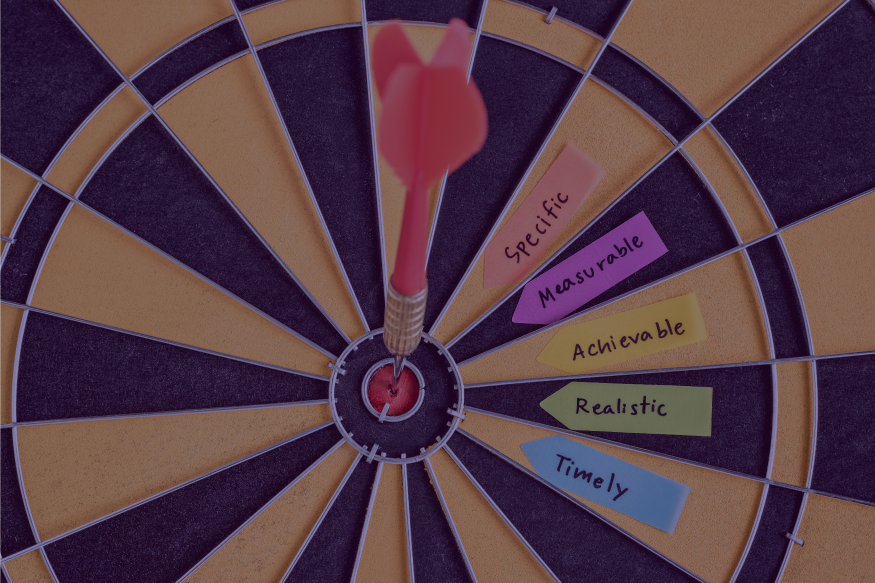If the job search is exhausting you, you need to take time out for yourself. A lot of job seekers are always just plugged into the job search and don’t refresh their brains. For once, as a change, start your morning, day, or weekend, switch off your phone, power down your laptop, and enjoying meals without the distraction of the TV. Indulge in music, but resist the urge to go online.
Job search fatigue can be a very challenging experience for job seekers. Job search fatigue is a state of emotional, mental, and physical exhaustion that arises from the stress and frustration of looking for a job. It can cause feelings of hopelessness, anxiety, and even depression, which can make it difficult for job seekers to stay motivated and engaged in their search for jobs.
Also, check out What is Walk-in Drive: Your Chance to Land Your Dream Job here.
There are several factors that can contribute to job search fatigue, including a lack of response from employers, rejection after multiple job applications, applying on too many job search sites, and a feeling of being stuck in a rut. Additionally, the process of searching for a job can be time-consuming and require a lot of effort, which can further contribute to feelings of exhaustion.
However, there are several ways to overcome job search fatigue and get back on track to search for your dream jobs.
Also, check out how you can Be an Agile Shape Shifter here.
Take Breaks During Job Search

The job search can be a full-time job, but it’s important to take breaks to recharge your batteries.
By taking time to rest and recharge, you can maintain your energy and focus throughout the job search process. Taking breaks can also help you maintain perspective and avoid becoming too fixated on the job search.
It’s important to step back and engage in other activities that bring you joy and fulfillment, which can help you stay motivated and focused. Taking breaks can also be a great time to network and connect with others in your industry.
Also, know How to Know When It’s Time to Resign – and How to Leave on Good Terms here.
Taking breaks while searching for jobs can help you maintain your mental and emotional well-being, improve your decision-making abilities, and expand your network, all of which can ultimately lead to a more successful job search.
Whether you’re currently employed and longing for a change or you’ve been unemployed for weeks or even months, the job search experience can be incredibly frustrating. It’s disheartening when you don’t come across positions that capture your interest, or when your attempts to connect with someone within an organization fail miserably. You send out emails, but receive no response. You attend meetings, thinking you aced them, only to find out that another candidate was chosen. Regardless of where you stand in the process—how many applications you’ve submitted or how many preliminary phone interviews you’ve had—one thing remains certain: Job hunting can be draining.
Nevertheless, giving up is not an option. You must persevere through the discouraging moments, persist in your efforts, and believe that a fantastic new role awaits you just around the corner.
Also, check out our article on Money Talks here.
Set Achievable Goals

Set realistic goals for your job search, such as applying to a certain number of jobs per week or networking with a certain number of people.
Setting achievable goals is crucial when searching for a job as it can help you stay motivated, focused, and organized.
Also, check out How To Make Career Change In the 40s here.
Here are some examples of achievable goals for a job search:
Apply to a Certain Number of Jobs per Week
Depending on your availability, set a realistic goal for how many jobs you will apply to each week. This could be anywhere from 5 to 10 jobs per week.
Schedule Informational Interviews
Identify professionals in your industry who you admire and set a goal to schedule informational interviews with them. This will give you the opportunity to ask questions, learn more about the industry, and gain insights into job openings.
Also, check out How to Answer “What Are Your Career Aspirations?” here.
Practice Interviewing Skills
Set a goal to practice your interviewing skills regularly. This could include doing mock interviews with friends or family members or practicing answering common interview questions.
Remember to be flexible and adjust your goals as needed based on your progress and the job market. Good luck with your job search!
Create your Profile Network

Networking is an important aspect of job searching because it allows you to connect with people who can potentially help you in your search for jobs.
You never know who may have an opportunity for you or be able to connect you with someone who does. This can include former colleagues, classmates, mentors, friends, family members, and even people you meet at networking events or through online platforms.
Also, know How To Market Yourself To Potential Employers here.
In addition to the practical benefits of networking for job searching, it can also help you to develop your professional skills, build your confidence, and expand your knowledge of your industry.
By attending industry events, participating in online discussions, and connecting with people who are passionate about your field, you can gain valuable insights and perspectives that can help you to advance in your career.
During your job search, it’s important to not lose hope, so Don’t Worry, Be Happy in the moment!
Revisit Your Resume And Cover Letter

By updating your resume and cover letter, you can include any new experiences, skills, or accomplishments that you have gained since your last job search. This helps you showcase your latest abilities and achievements to potential employers.
Learn What Is A Competitive Salary And How To Negotiate It? here.
Updating your resume and cover letter also allows you to tailor them to the specific job postings you are applying for. This means that you can emphasize the skills and experiences that are most relevant to the job, making it more likely that you will get noticed by the employer.
Overall, updating your resume and cover letter helps you tailor your application materials to specific job postings, keep up with current trends, and show your enthusiasm and dedication to your job search.
Learn How To Succeed in Your New Job – The First Week, Month, and 90 Days here.
Consider Professional Help for Job Search

Consider seeking the help of a professional career coach or resume writer to help you refine your strategy for searching and application materials.
There are several reasons why someone may consider professional help to find their dream job:
Expertise
Professional job search services have expertise in identifying job openings that are a good fit for your skills, experience, and career goals. They also know how to tailor your resume and cover letter to each job application, increasing your chances of landing an interview.
Know How to Get Noticed By Executive Recruiters Here.
Time-saving
Job searching can be a time-consuming and often frustrating process. Professional services can help you save time by identifying new opportunities, submitting applications on your behalf, and following up with employers.
Interview Coaching
Professional services can provide you with interview coaching and practice, helping you to feel more confident and prepared when it comes time to interview for a job.
Support
Job searching can be emotional, and professional services can offer support and guidance throughout the process, helping you stay motivated and focused on your goals.
Professional help for searching for jobs can be a valuable investment in your career, providing you with the tools and resources you need to succeed in a competitive job market.
Stay Positive

The job search can be a rollercoaster of emotions, but it’s important to stay positive and keep a positive mindset because there will be a Reversal of Fortune soon. Focus on your strengths and the opportunities that are out there for you.
Remember, job search fatigue is normal, and it’s important to take care of yourself and your mental health during the process.
Know How To Tell Your Compelling Career Story In An Interview? here.
By taking breaks, setting achievable goals, networking, revisiting your resume and cover letter, seeking professional help, staying positive, and expanding your network, you can overcome job search fatigue and find the right job.
